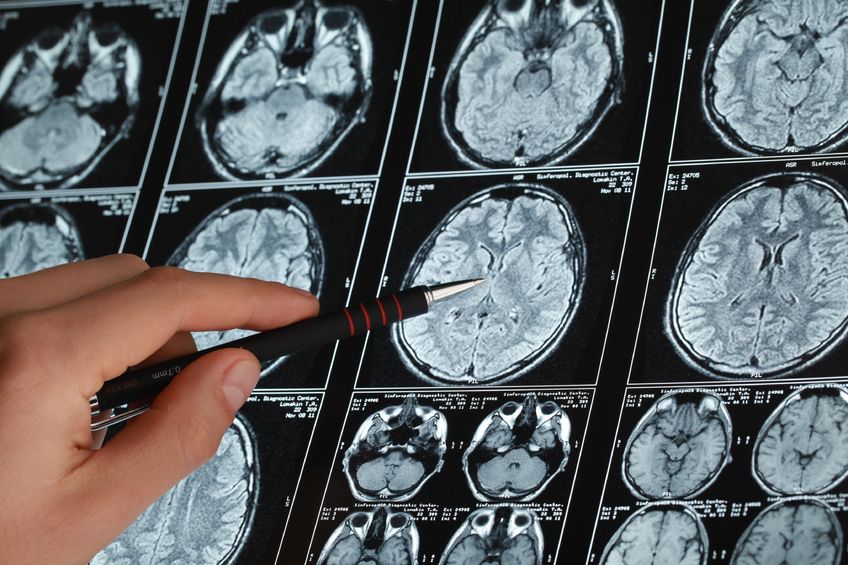It’s quite unfortunate, but too many people on the street and in the media use the terms “Alzheimer’s” and “Dementia” interchangeably. The truth is, while they may share some symptoms, the two conditions are distinct. The two conditions have different effects on the people who suffer from them, as well as have different treatment methods and prognoses. Learn the difference between Alzheimer’s vs dementia, the symptoms of each, the methods by which they can be treated, and how it affects end of life planning.
Alzheimer’s vs Dementia
The difference between Alzheimer’s vs dementia is a tricky one, which is partially why the two conditions are often conflated. At its most basic level, Alzheimer’s disease is dementia, but not all dementia is Alzheimer’s disease. It’s vital to distinguish the symptoms of the conditions so that you can seek proper treatment and management of the condition.
Dementia Symptoms and Treatment
The first thing to understand is that dementia is not a disease, but rather a syndrome, or a group of symptoms that affect cognitive, mental, memory and reasoning tasks. It is an umbrella term that fits a number of different conditions.
Early symptoms of dementia can be easy to overlook — instances of forgetfulness, for example. Dementia is degenerative and patients lose track of time, become more forgetful and confused. They may forget names and faces and lose the ability to care for themselves. Watch for repetitive questions, poor hygiene and bad decisions. Behavior can turn into aggression and depression.
Treating dementia depends on the condition that caused the condition. Patients who experience dementia from drug use, cancer, hypoglycemia or metabolic conditions can respond the best to treatment. While the condition usually isn’t reversible, it may be controllable via treating the underlying condition.
Alzheimer’s Symptoms and Treatment
Alzheimer’s is a progressive brain disease which creates cognitive and memory impairment, and in the end, results in dementia. It affects over 5 million people across the nation, most over the age of 60.
While both Alzheimer’s and Dementia can cause difficulty thinking, remembering and communicating, Alzheimer’s patients also exhibit marked apathy, confusion, anxiety, depression, disorientation, changes in behavior, and in advanced cases, difficulty with swallowing, speaking and walking.
Treating Alzheimer’s is done using medications including antipsychotics to control behavioral issues, inhibitors to treat memory loss, antidepressants and sleep medication as well as dietary adjustments and exercise. There is currently no cure, but these options can manage the symptoms and dementia, especially if it’s caught early.
End of Life Planning
End of life and estate planning is essential to protecting the assets and desires of any patient with Alzheimer’s or dementia. Such planning includes making sure you get the last will and testament squared away, as well as covering potential healthcare and medical needs such as a living will, medical and financial power of attorney. These plans are essential to protecting the future of your loved ones.
To get started with your estate planning in Ohio, you should call upon the services of an experienced and qualified estate planning attorney like Stano Law. For answers to any questions you might have, or for help and advice, get in touch with us today!








Leave A Comment